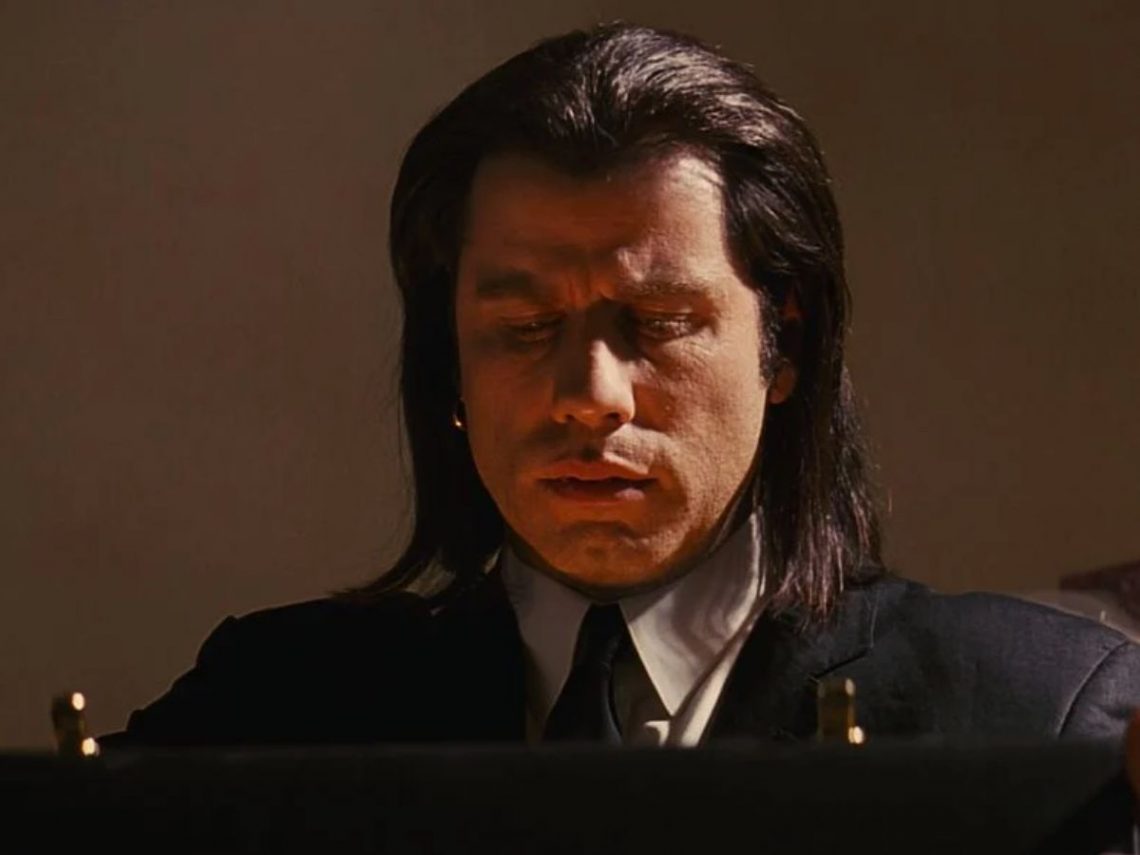
‘Pulp Fiction’ explained: Why does Marsellus Wallace want to kill Butch?
Pulp Fiction is the movie that places Quentin Tarantino in the pantheon of all-time greats more than any other. With its quickfire dialogue, bold narrative and visual style, and countless homages to genre filmmaking, the writer-director’s early masterwork is the culmination of decades as an amateur film student.
It revolves around the quotidian of two small-time LA hitmen, Vincent Vega and Jules Winnfield, who work for powerful crime boss Marsellus Wallace. First we see them carrying out a hit job on two former clients who’ve crossed their employer, after some eminently quotable repartee about the differences between McDonald’s restaurants in LA and Amsterdam.
We’re then shown Vince’s eventful evening in the company of Marsellus’ wife Mia, before the story moves to its only chapter with another central character. Butch Coolidge, played by Bruce Willis, is a boxer whose days, in Marsellus’ words, “are just about over”. And yet, we see him fleeing the scene at the end of a fight in which he’s not only beaten his opponent, but killed him.
Tarantino deliberately avoids showing any of the fight itself, with his story skirting around the tropes of boxing movies as it does with so many other film genres during the course of its two-hour runtime. Instead, it jumps to a shot of Marsellus looming over Butch’s dead opponent in his dressing room after the match is over, telling his right-hand man, “I’m prepared to scour the Earth for that motherfucker.” Butch, we assume, will soon be a dead man, too.
But what’s he done to Marsellus?
It’s not that Wallace views the death of Floyd, the boxer he was backing in the fight, as a personal tragedy. In fact, he’s more bothered that he lost the match than he is about the loss of his life. Marsellus had a considerable amount riding on Floyd winning the fight, and, more importantly, Butch losing it.
On the other hand, Butch isn’t just claiming his payday from the fight itself. He’s about to receive a payout from eight different bookies for bets his brother Scottie put on him to win at extremely long odds. “As soon as the word got out the fix was in, man, the odds went through the roof,” we see Butch telling Scottie over a payphone following his post-match escape.
The “fix” he’s talking about is the instruction Marsellus gave him prior to the fight. In the first chapter of the movie, the crime boss summons Butch to his club where he tells him, “In the fifth, your ass goes down,” in exchange for a bribe.
While Butch initially agrees to take a dive and lose the fight on purpose, his ego is bruised when Vince calls him a “palooka” – an insulting term for a prizefighting boxer who never made it to the top – at the club’s bar. It’s the only time we see the two of them exchange words in the film, before Butch kills Vince in the most famous scene of its non-linear narrative.
He decides to double-cross Marsellus and his gang, beating them at their own game by leaking the “fix” to lengthen the odds on him winning the fight, and then betting on himself to win against his paymaster’s wishes. As it turns out, Vince and Floyd are the only ones involved in the plan who end up dead.
Butch and Marsellus cross paths by chance the morning after the fight, and are then kidnapped by a crazed pawnshop owner, who takes him to his sex dungeon and introduces them to a corrupt, sexually depraved police officer. Butch manages to escape the situation, but after a brief crisis of conscience goes back to rescue Marsellus. He sorts through props from various movie genres before settling on a samurai sword as his weapon of choice.
With the pawnshop owner dead and the rapist police officer incapacitated, Marsellus tells Butch, “We’re cool.” Butch completes his hero’s journey, as only a Tarantino character could. And it’s surely the least likely circumstance for a bonding moment in the history of cinema. Yet it encapsulates the sheer originality of Tarantino at his very best.